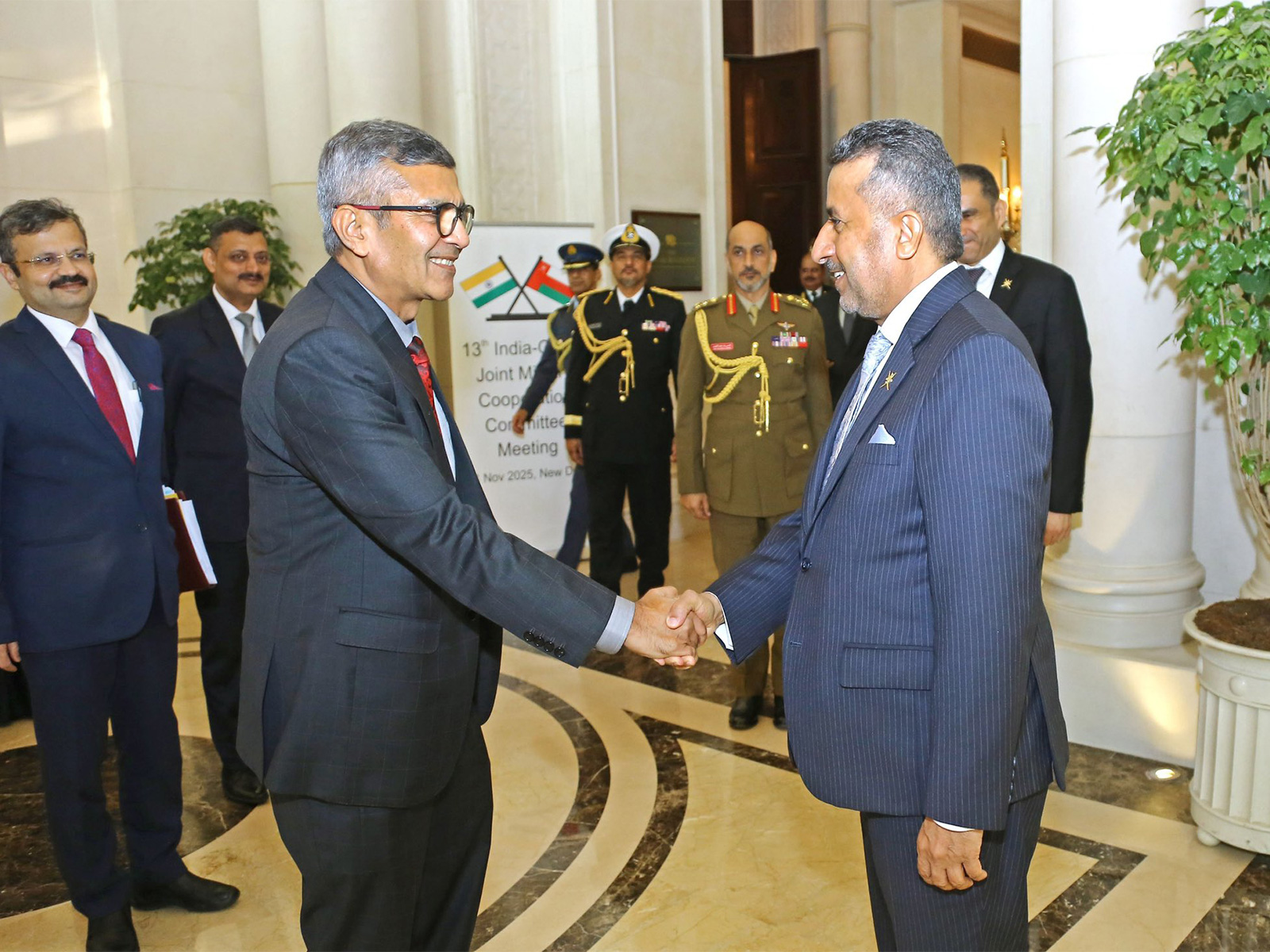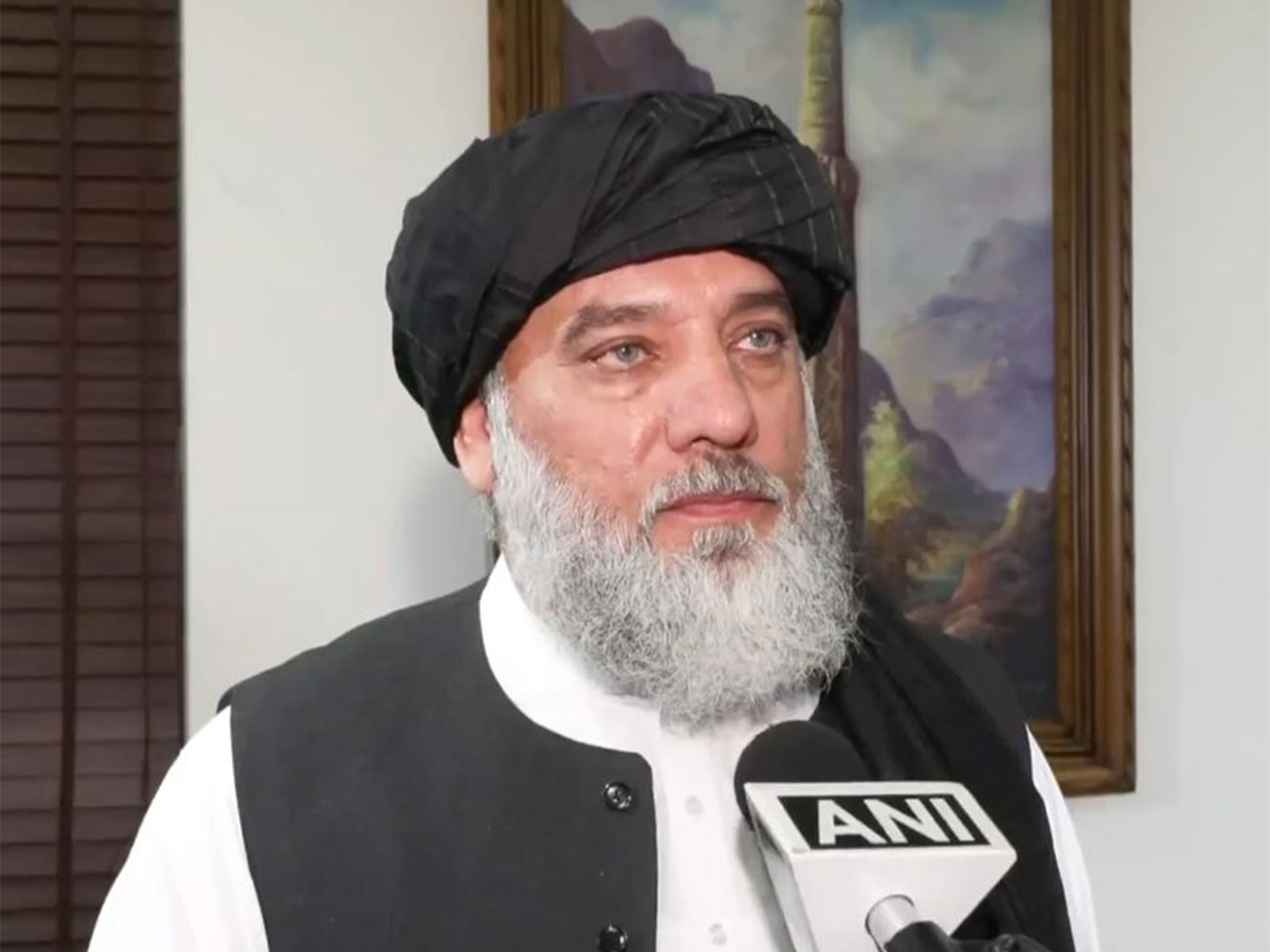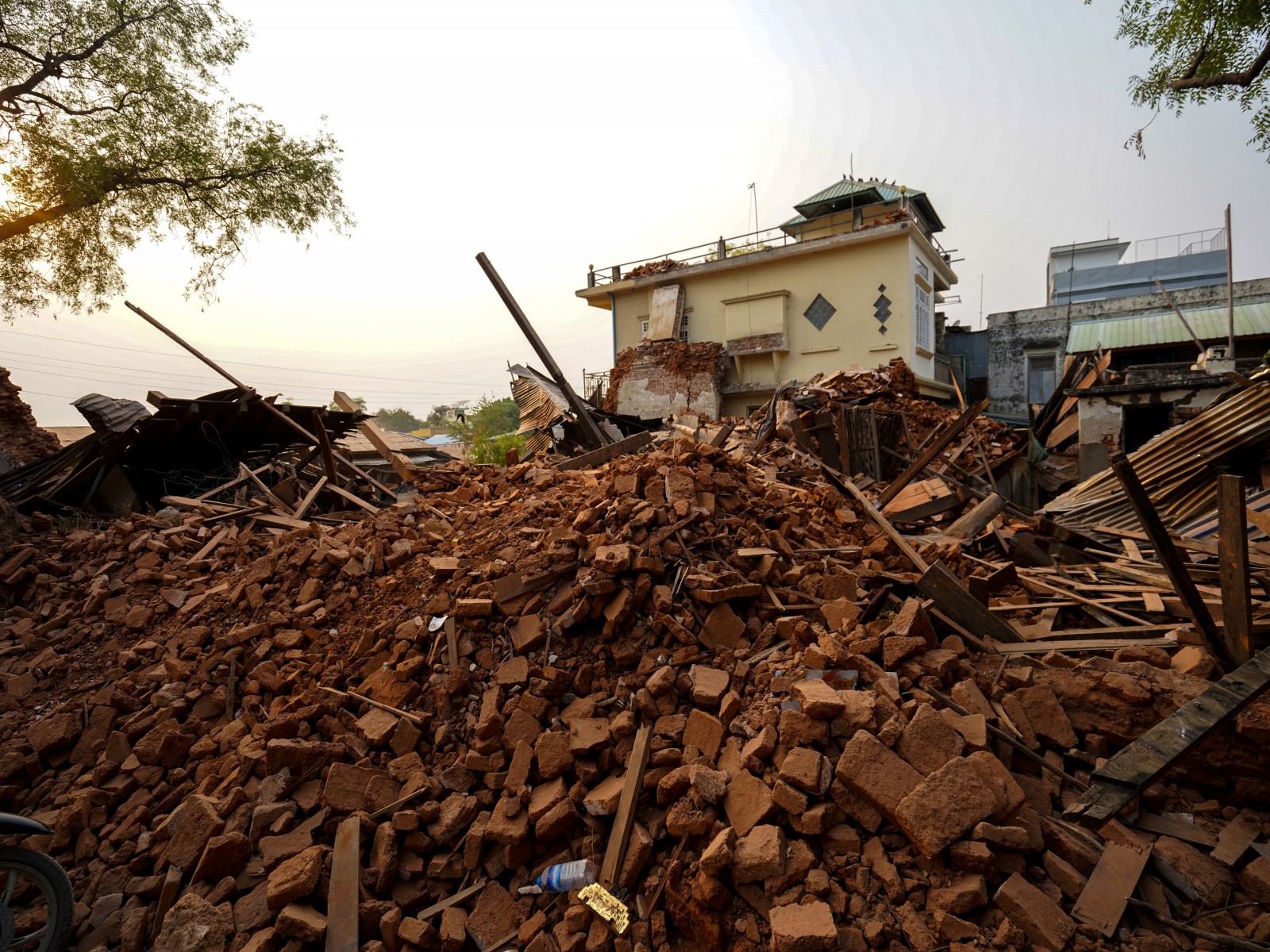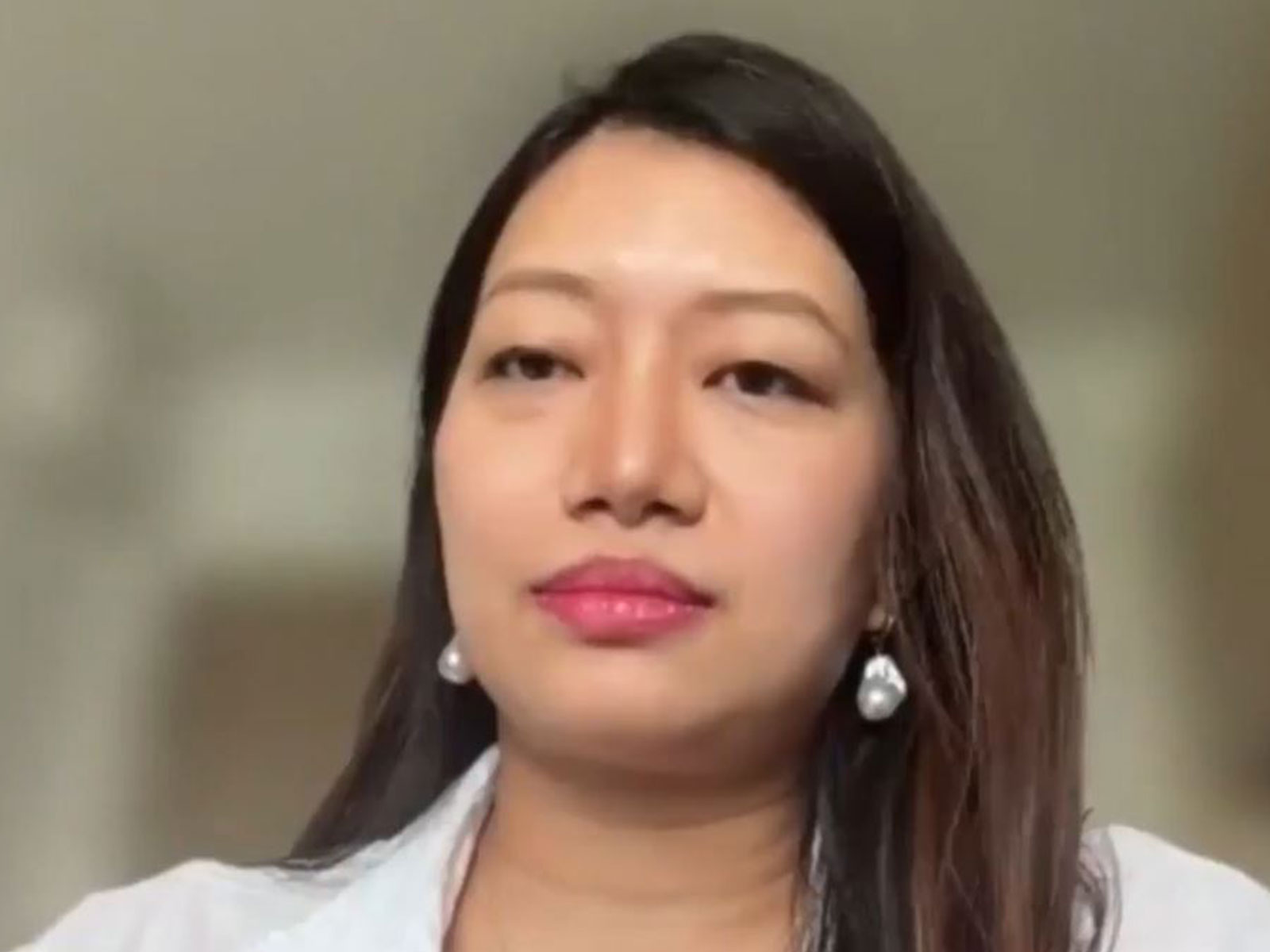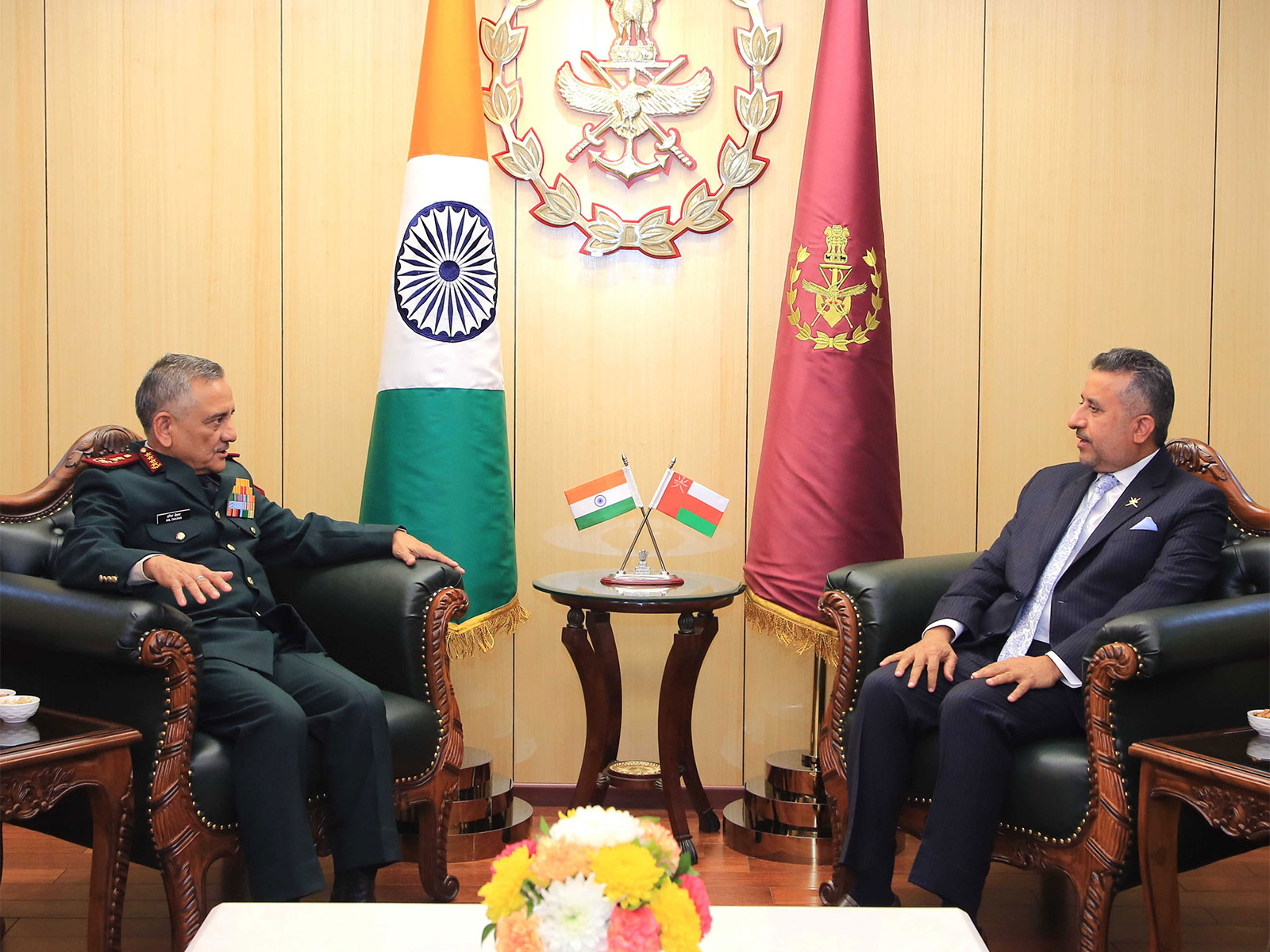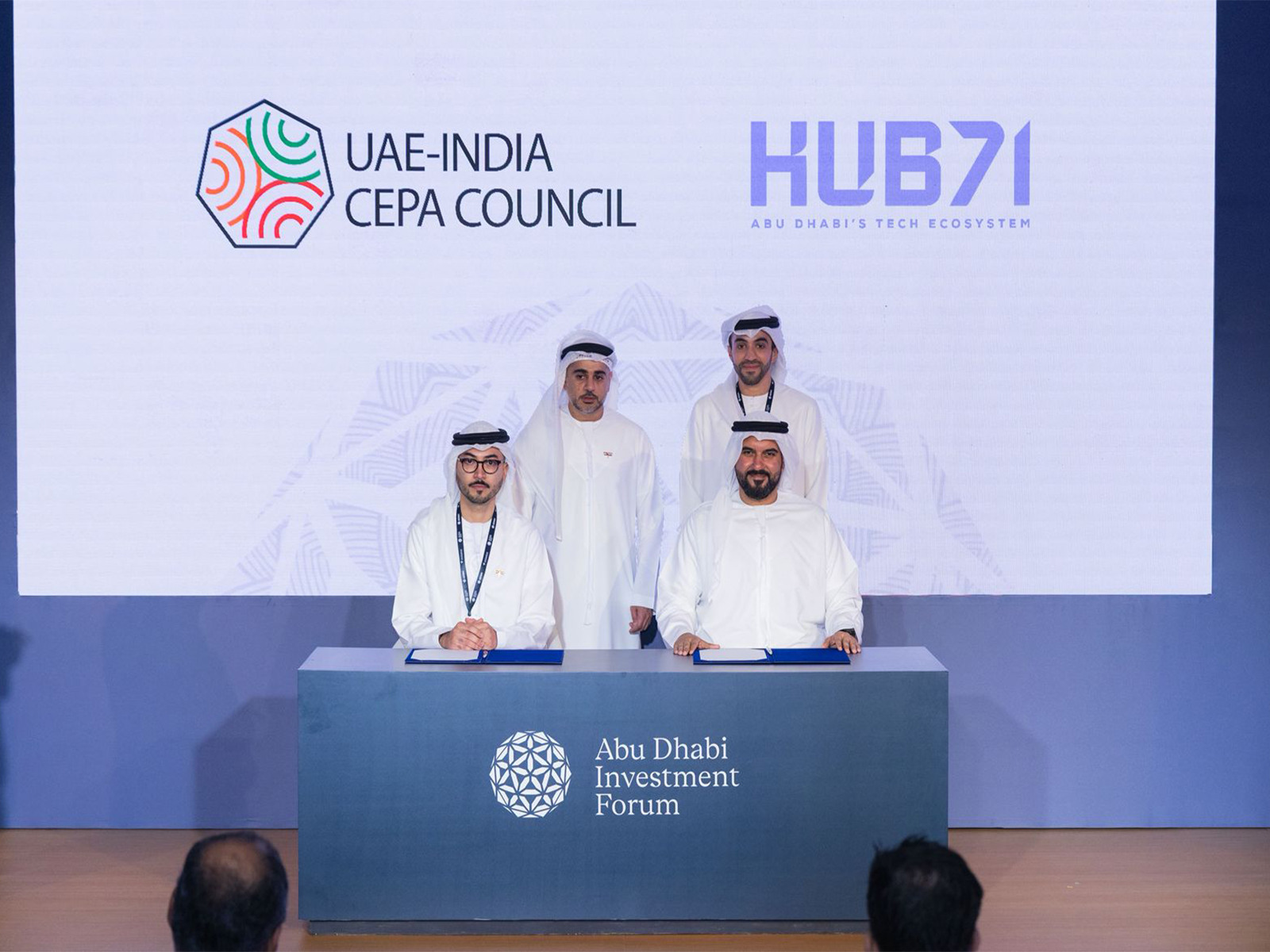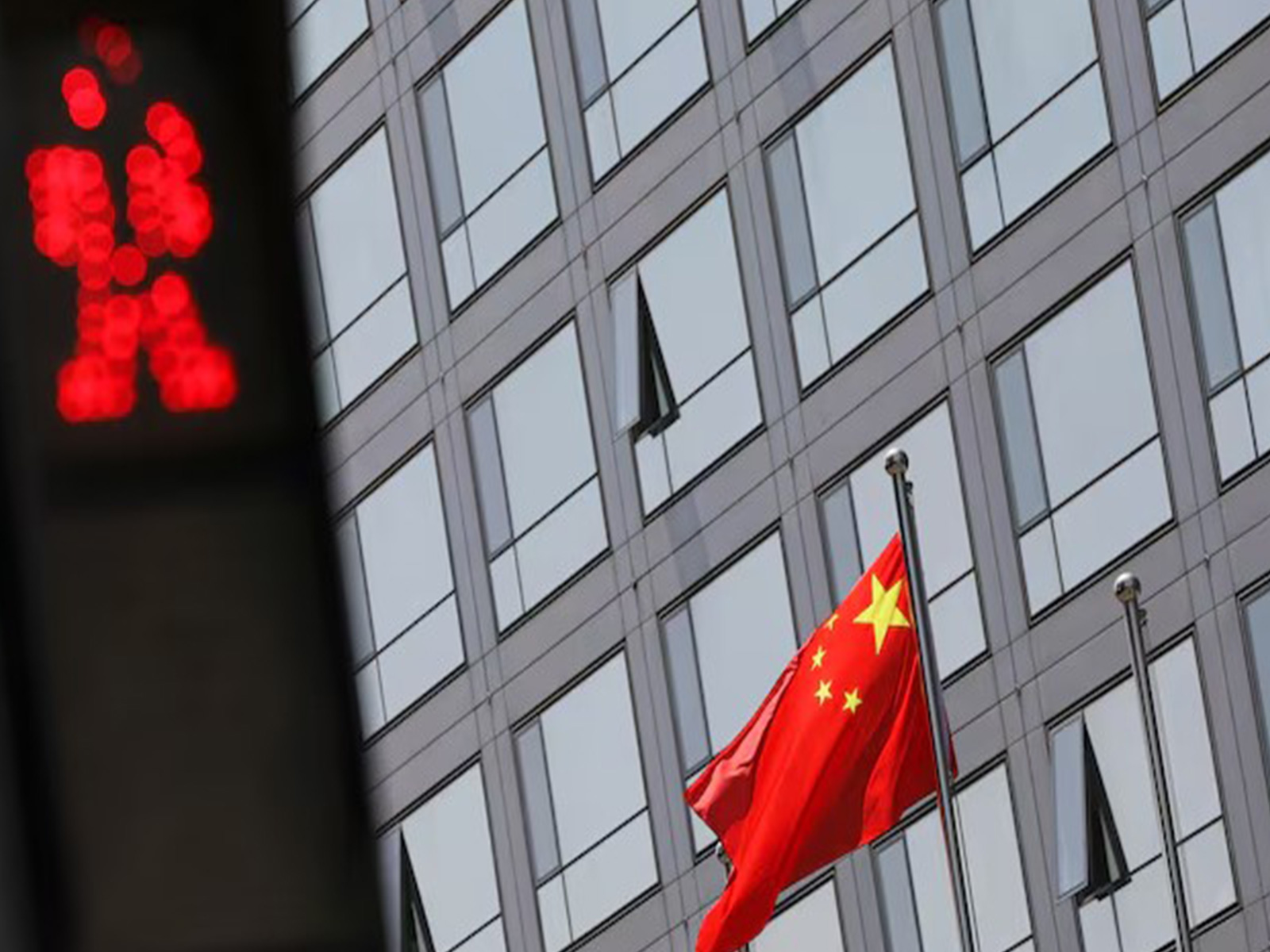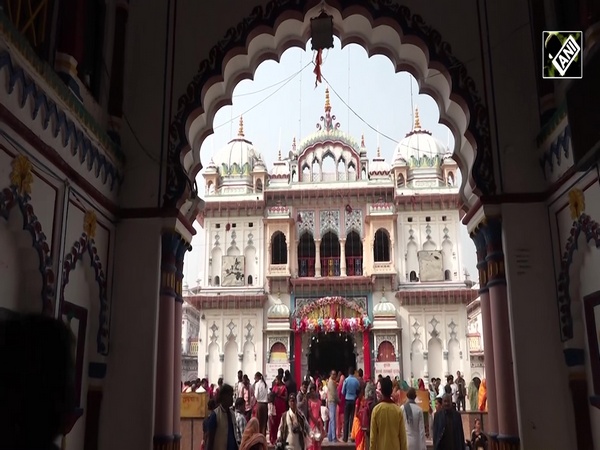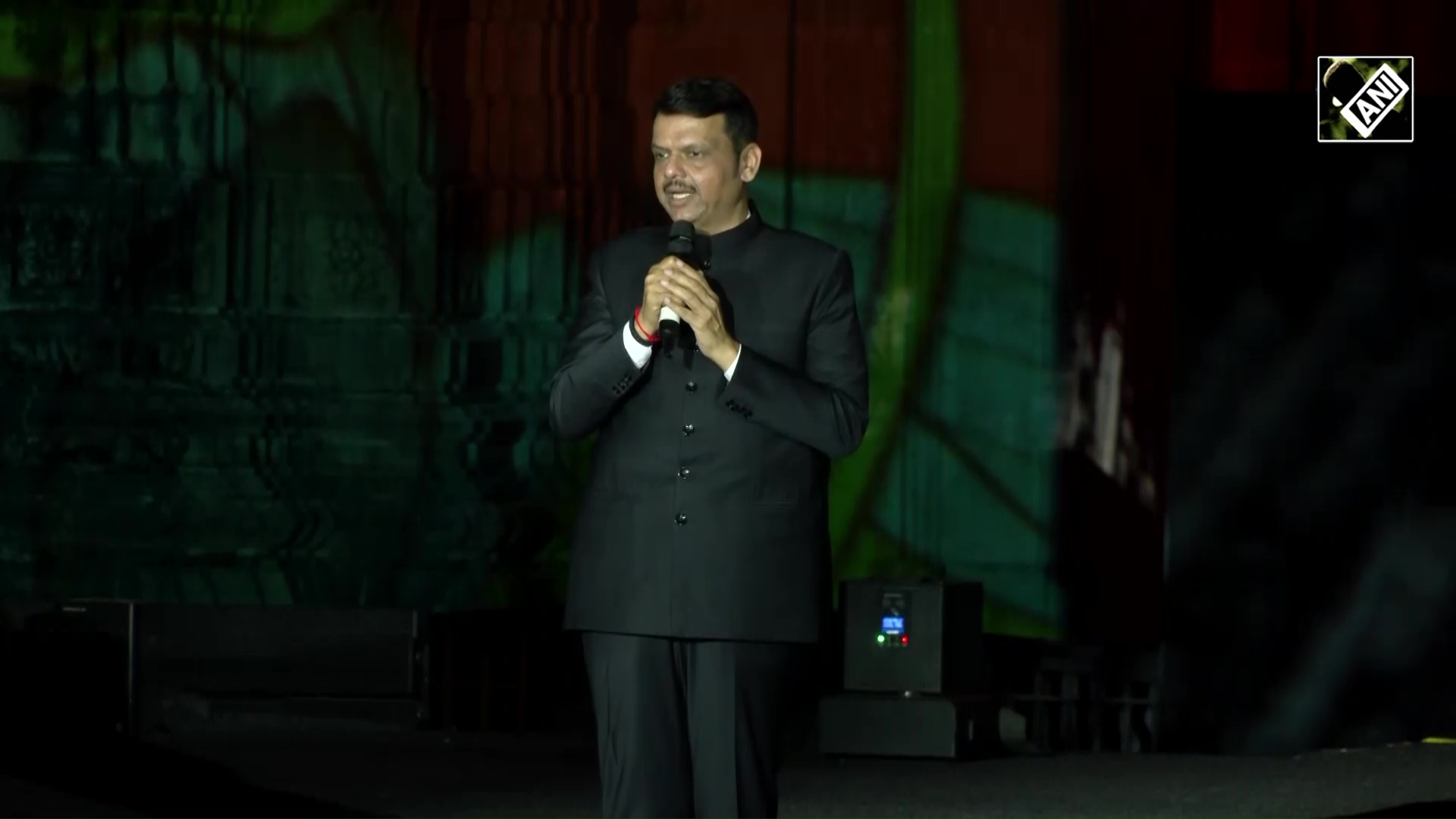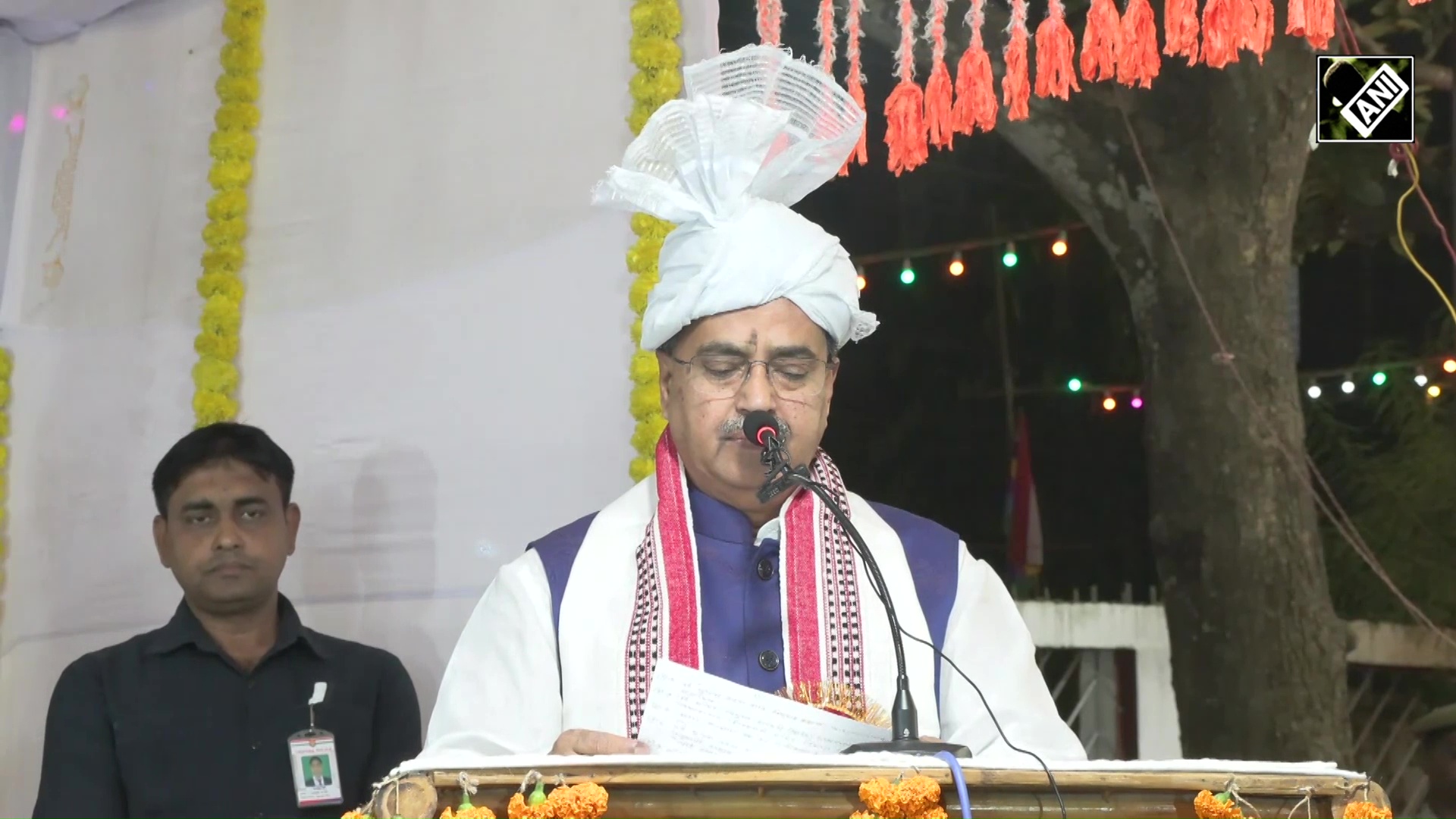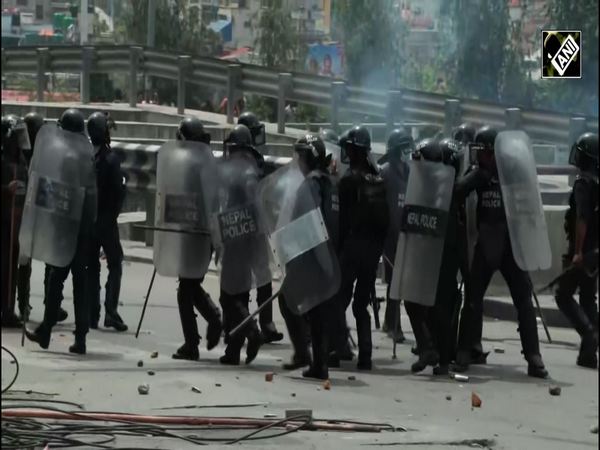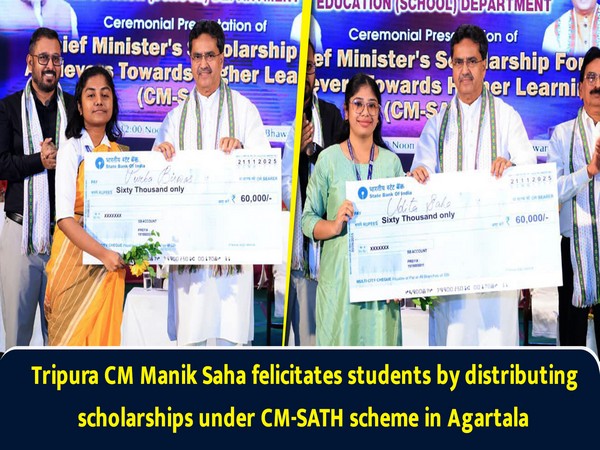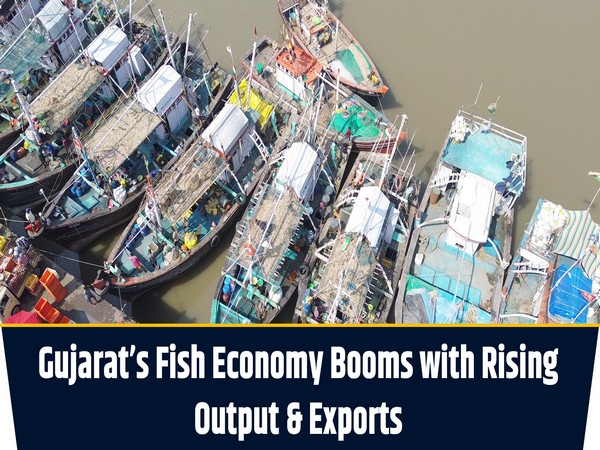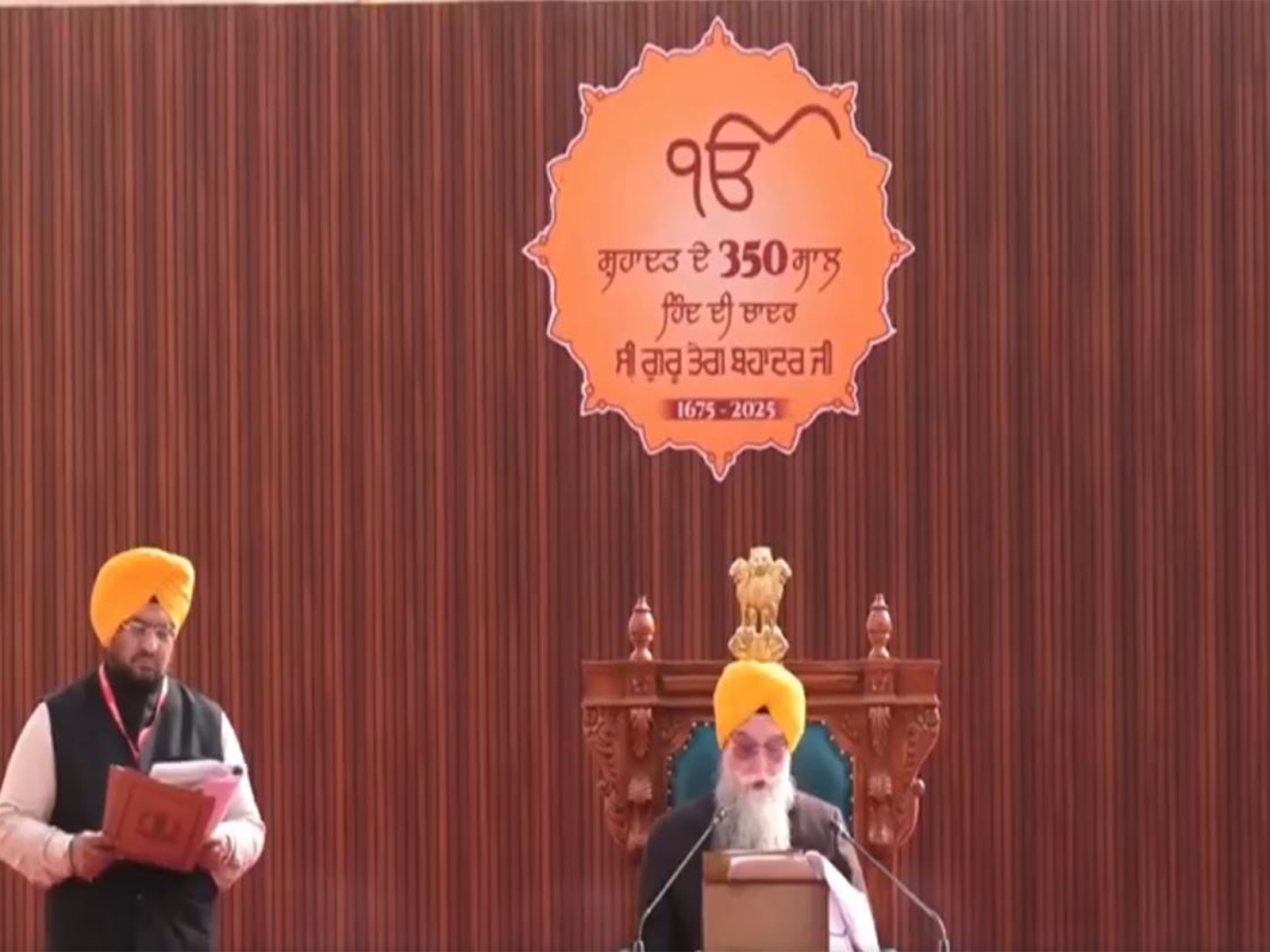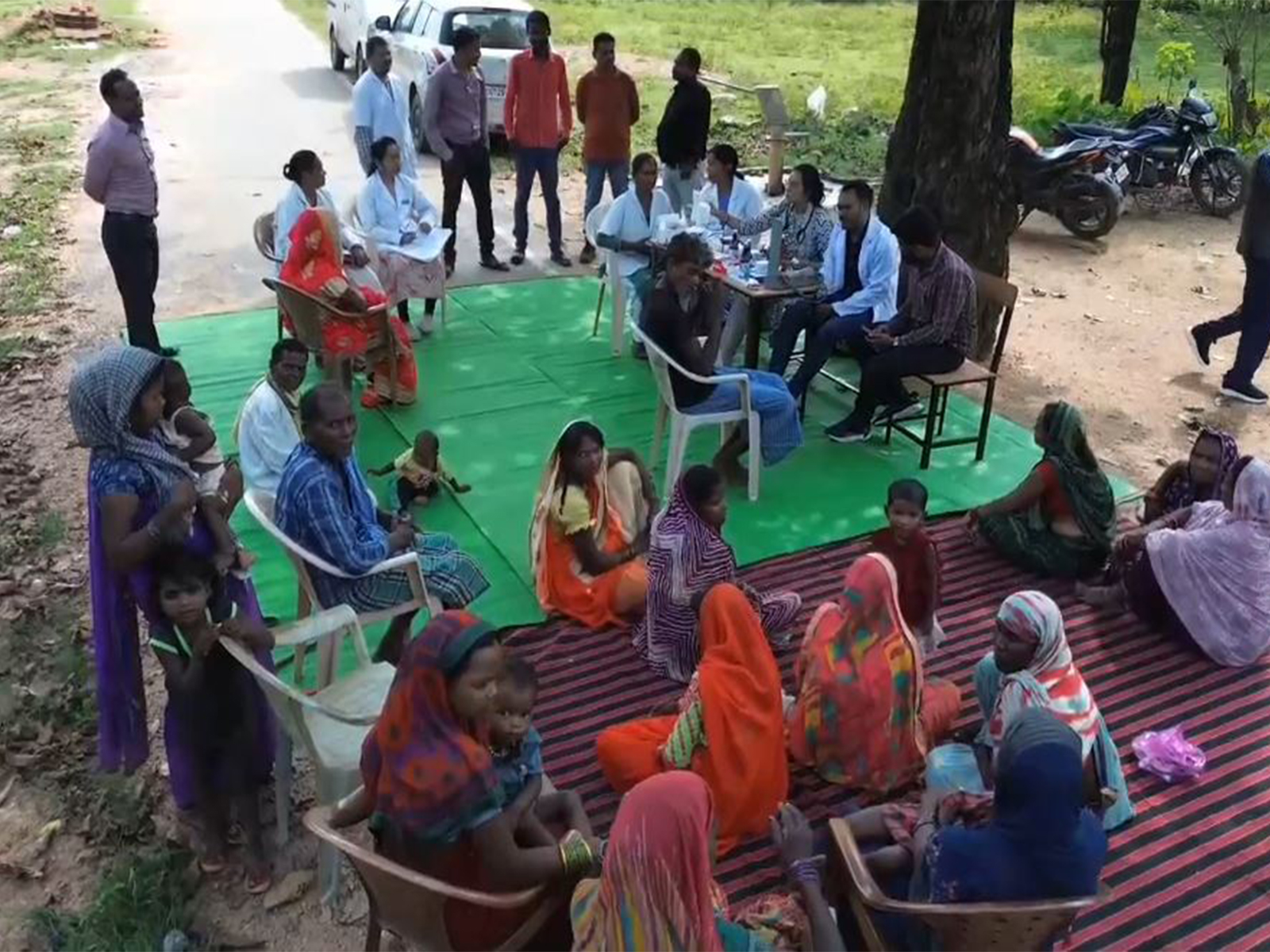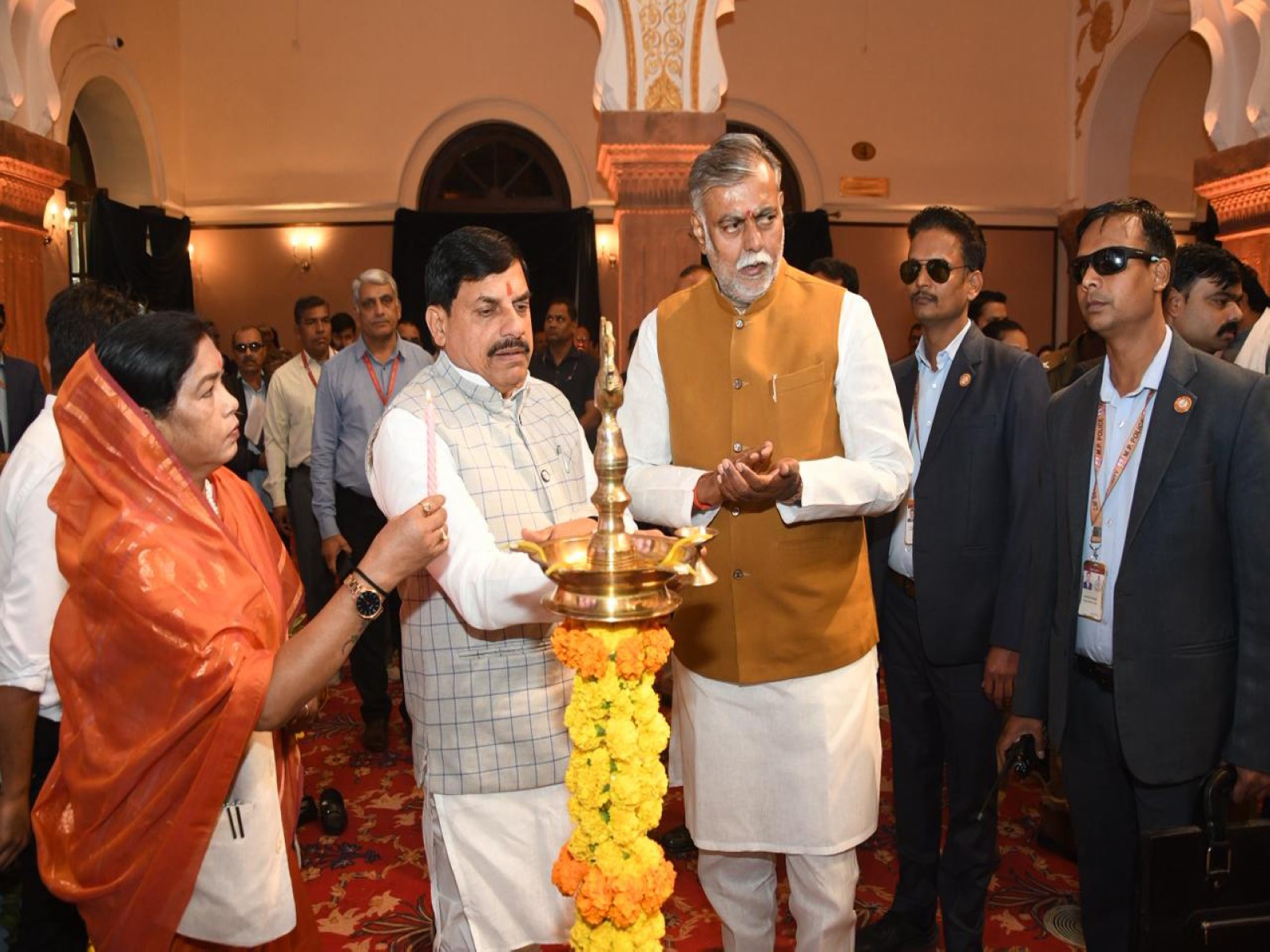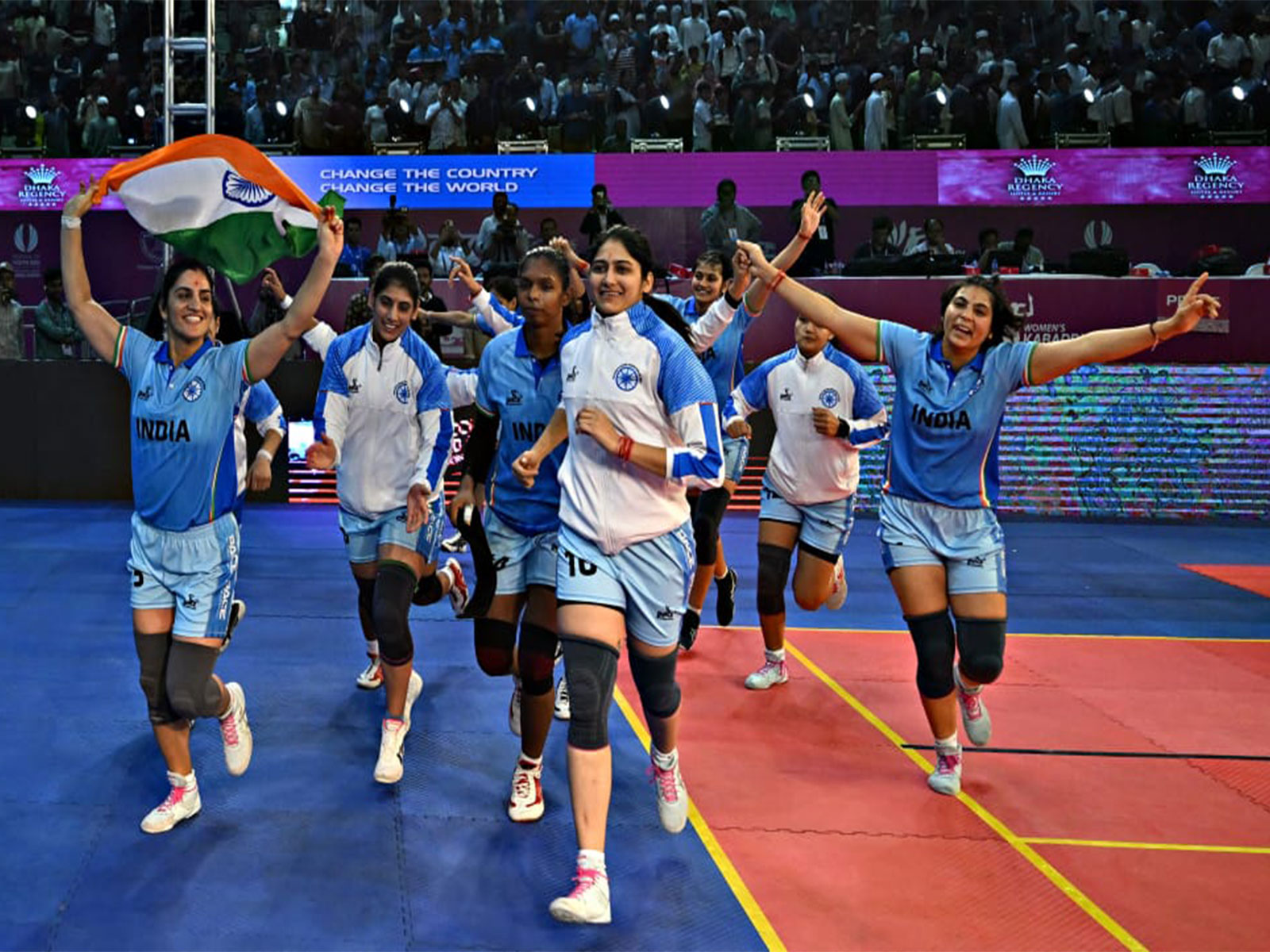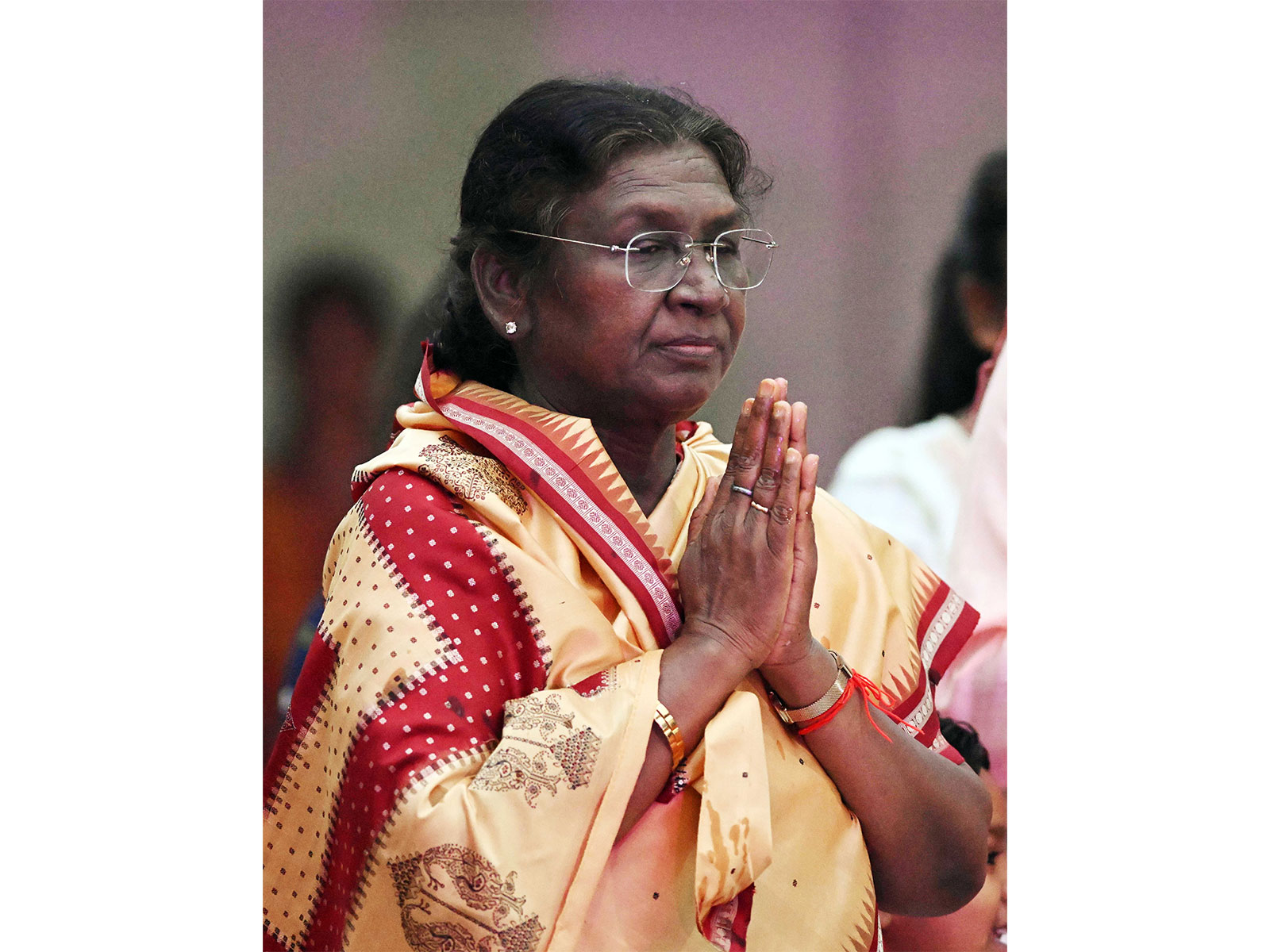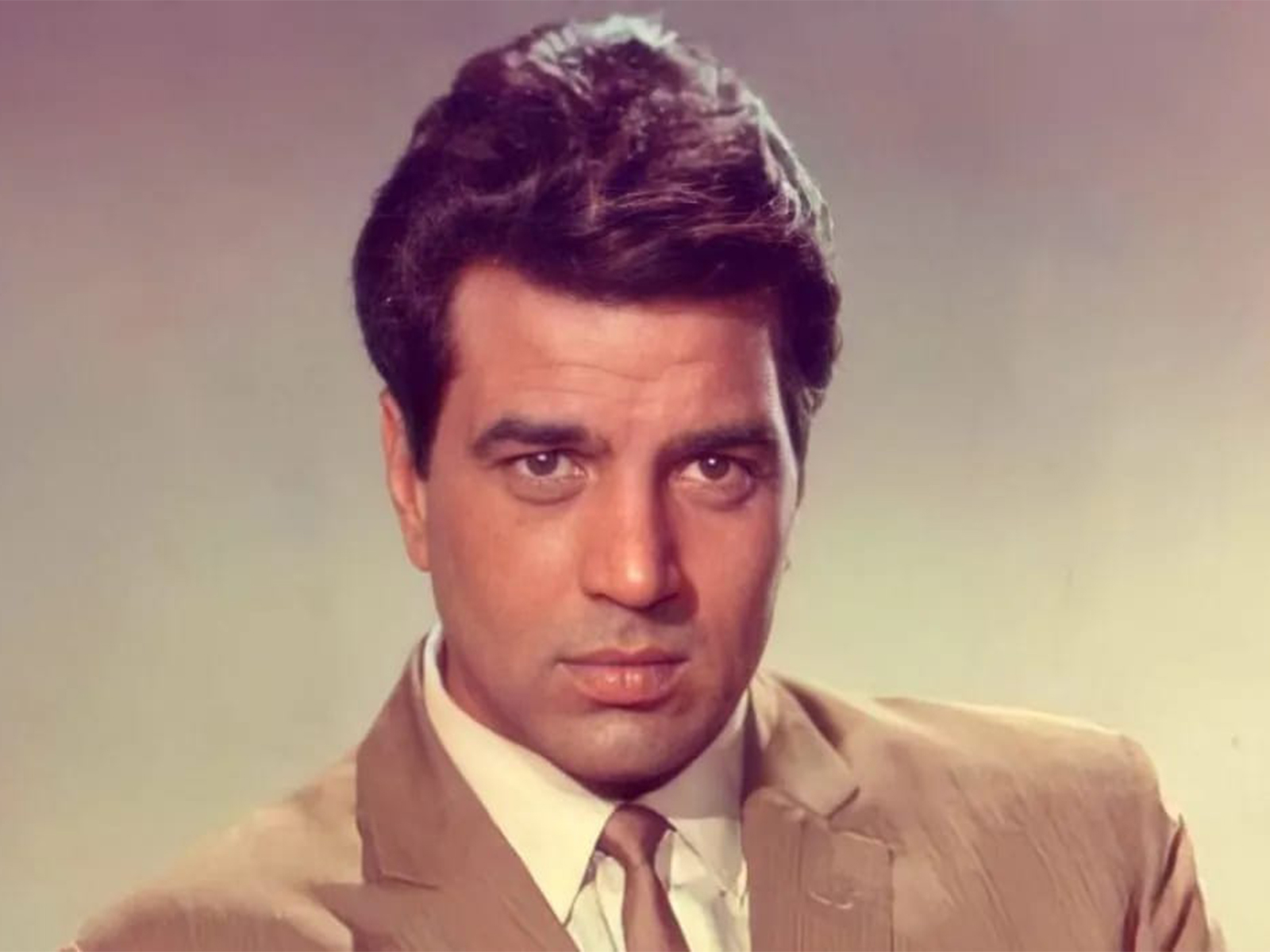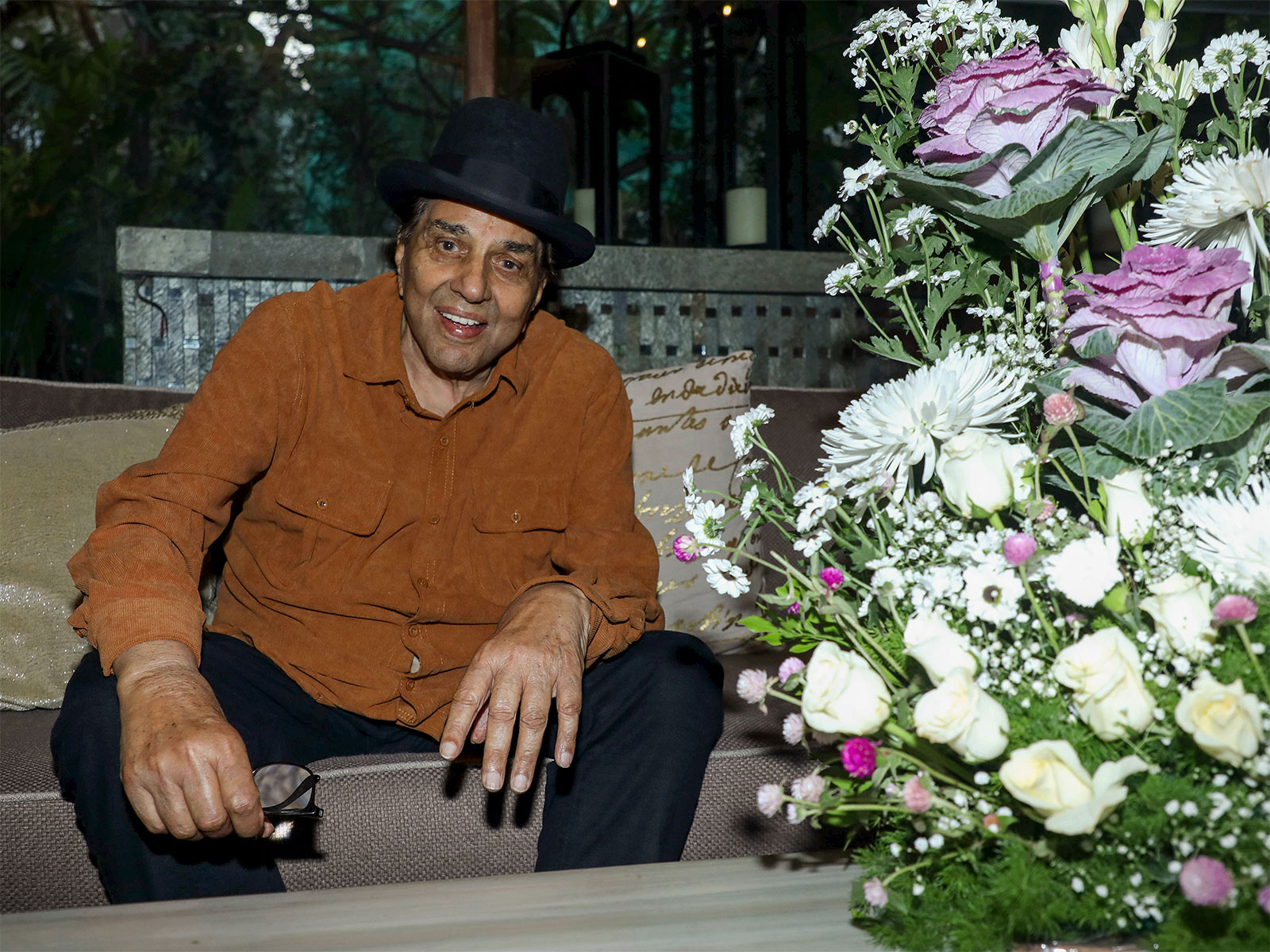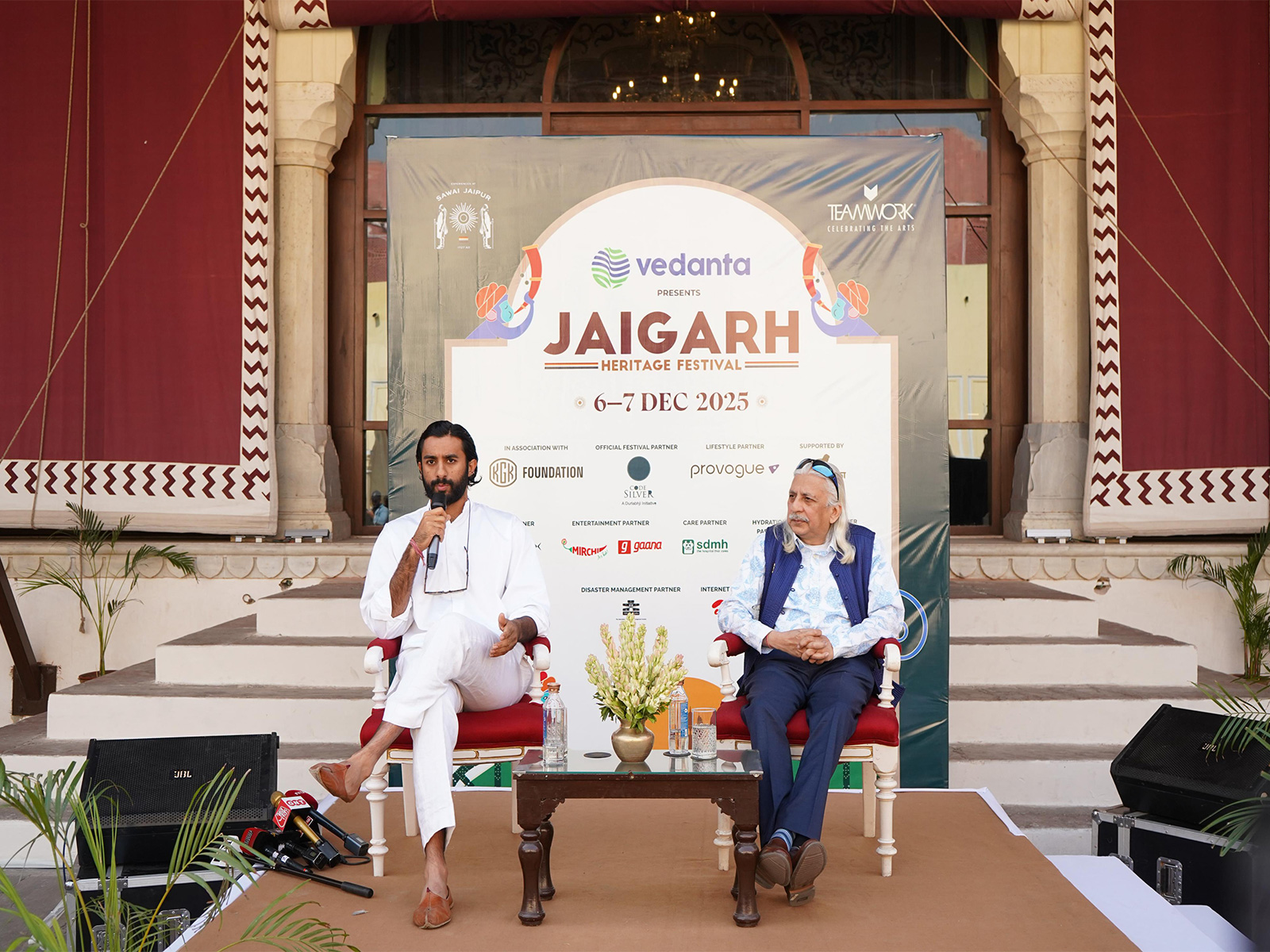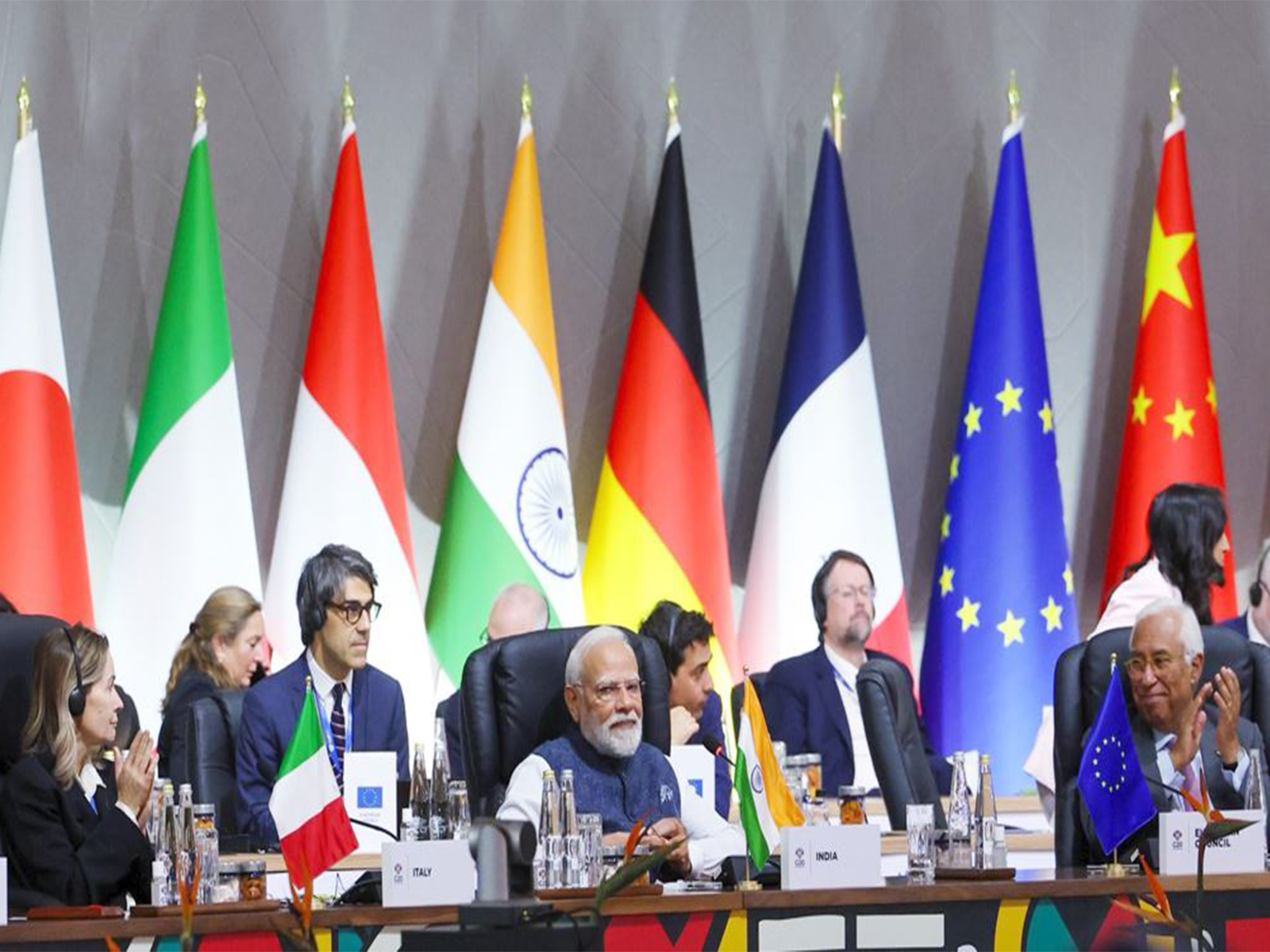
From ancient wisdom to AI: PM Modi charts India's vision for resilient, inclusive, tech-forward world with six global initiatives at G20 Summit
Nov 24, 2025
Johannesburg [South Africa], November 24 : The recently concluded G20 Summit commanded global attention, with the world's eyes firmly fixed on Johannesburg, South Africa, throughout the two days of high-stakes diplomacy and decision-making.
During high-level discussions on global development, inclusive and sustainable growth, a fair future, disaster risk reduction, climate change, food security, and many more, India stood out with its ambitious vision for a prosperous future.
Highlighting India's vision on the global stage, Prime Minister Narendra Modi was at the forefront, leading the discussion with an ambitious suite of six global initiatives, laying out a broad vision that blends India's civilisational philosophy with contemporary global challenges--from climate resilience and health security to AI governance and Africa's development.
During the three sessions of the summit, PM Modi proposed the enterprises of a G20 Global Traditional Knowledge Repository, a G20-Africa Skills Multiplier Initiative, a G20 Global Healthcare Response Team, a G20 Initiative on Countering the Drug-Terror Nexus, a G20 Open Satellite Data Partnership, and a G20 Critical Minerals Circularity Initiative, forming an integrated roadmap for a more resilient and equitable global future.
Addressing the first session of the Summit on inclusive and sustainable growth, PM Modi said Africa's historic role as G20 host made this "the right moment" for the world to rethink development.
He rooted India's proposals in the principle of Integral Humanism, arguing that global progress must align economic advancement with human well-being.
The Traditional Knowledge Repository, he said, would allow nations to pool and preserve ancient medicinal wisdom--an inheritance he called "collective wisdom for good health and well-being."
"First among them is the creation of a G20 Global Traditional Knowledge Repository. India has a rich history in this regard. This will help us pass on our collective wisdom to further good health and well-being," PM said in a post on X.
With equal emphasis, he spotlighted Africa's centrality to global growth. The proposed Africa Skills Multiplier Initiative aims to train one million certified trainers across Africa in the next decade, signalling India's long-standing political and developmental partnership with the continent.
Drawing lessons from the pandemic and recent natural disasters, PM Modi proposed a G20 Global Healthcare Response Team--a rapid-deployment force of medical experts from G20 nations capable of responding swiftly to crises.
"We are stronger when we work together in the face of health emergencies and natural disasters. Our effort should be to create teams of trained medical experts from fellow G20 nations who are ready for rapid deployment in case of any emergencies," the Prime Minister said.
He also struck a sharper tone when addressing global security, urging G20 nations to unite against the expanding drug-terror economy.
His proposed G20 Initiative on Countering the Drug-Terror Nexus specifically highlights the threat of synthetic drugs such as fentanyl.
"Let us weaken the wretched drug-terror economy!" PM Modi declared.
In the second session, centred on disaster resilience and climate action, PM Modi pushed for tools that democratise technology.
The G20 Open Satellite Data Partnership would allow countries of the Global South access to satellite imagery and analytics--crucial for disaster prediction, crop management, and climate monitoring.
He followed this with the Critical Minerals Circularity Initiative, underlining the need for recycling, urban mining and second-life batteries to support clean-energy transitions.
"When it comes to disaster resilience, the approach has to be development-centric, not only response-centric. Proposed the setting up of a G20 Open Satellite Data Partnership whereby satellite data and analysis from G20 space agencies can be made more accessible for countries of the Global South," the PM said.
"India is fully committed to sustainability and clean energy, which is why we propose a G20 Critical Minerals Circularity Initiative to promote recycling, urban mining, second-life batteries and related innovations," he added.
The Prime Minister also showcased India's own work--from food security programmes to the promotion of millets (Shree Anna)--as examples of climate-adaptive solutions.
In the third session, PM Modi turned to the future, calling for "promoting technology that is human centric, global and open source instead of merely finance centric, national and exclusive in nature" and warning against AI tools that could deepen inequality or be used to fuel criminal misuse.
India's AI vision, he said, rests on equitable access, population-scale skilling, and responsible deployment.
"India's approach to AI is based on the three pillars of: Equitable access, Population-scale skilling Responsible deployment. India's AI Mission is working towards ensuring that the benefits of AI reach every part of India, including every district and language. It must be ensured that AI is used for global good and its misuse is prevented," the Prime Minister said.
He renewed India's call for a global compact on AI and strict global norms to curb deepfakes, cybercrime and terrorist exploitation of AI technologies.
PM Modi also reiterated that India will host the AI Impact Summit in February 2026, guided by the theme Sarvajana Hitaya, Sarvajana Sukhaya--"welfare for all, happiness for all."
Looking ahead, the Prime Minister urged G20 nations to shift from thinking about "jobs for today" to "capabilities for tomorrow" and proposed a global framework for talent mobility, which he said would expand innovation and opportunities for the world's youth.
Across his three appearances, it should be noted that PM Modi's message remained steady: global challenges cannot be solved in silos.
His six initiatives--ranging from ancient knowledge to AI and satellite data--reflect a sweeping attempt to shape a G20 agenda that is inclusive, technologically forward, and rooted in shared responsibility.
